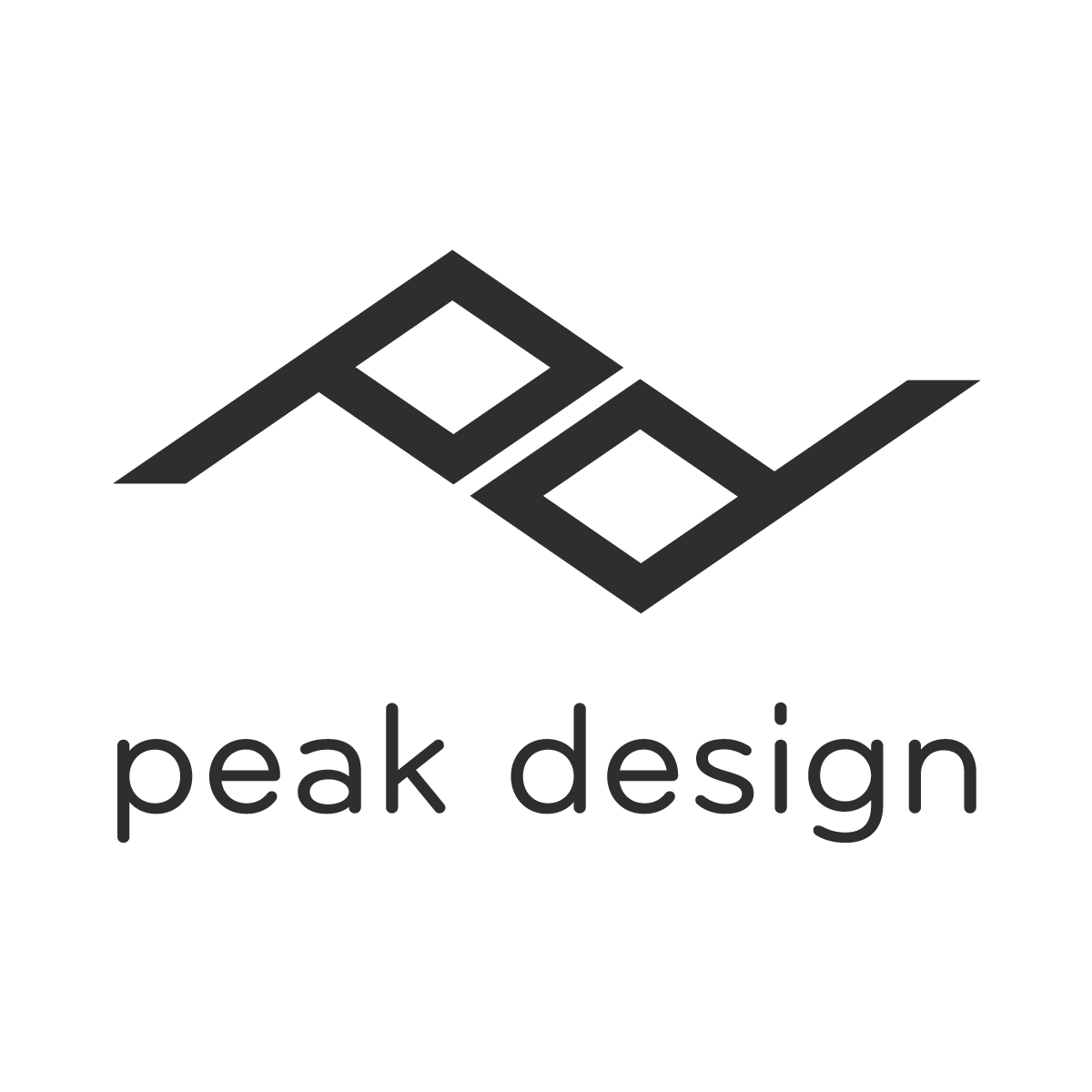Oculus – a VR company acquired by Facebook for 2 billion dollars in 2014.
Popsockets – the little pop out button that attaches to the back of your phone, a simple idea that is now making more than 100 million dollars in profit every year.
And Tile – the bluetooth device that lets you find misplaced items, has partnered with Amazon and sold more than 35 million devices.
What do these three companies have in common?
They all got their start, their first dollar earned, on the crowdfunding platform, Kickstarter. But even with recognizable products and massive success stories like theirs, crowd-funding is still far from the normal way to secure funding, and it is certainly not the ordinary way to secure ALL of your funding year over year for more than a decade.
Yet for Peter Dering, the founder of Peak Design, crowdfunding was the only business plan he bet on. And it was that bet that would propel him from here:
“I had already run out of money and taken a job at a restaurant to make ends meet. I was a food runner, which is the lowest man on the totem pole.”
To here:
“I had a profitable business after two days of selling… The Kickstarter community just flocked to this idea. And so that success was pretty immediate and it felt incredible.”
How did launching a Kickstarter get Peter out of odd jobs and place him at the head of a business skyrocketing to success? And how is he carrying on Peak’s crowdfunded origins every year to continue to fund new projects while building unwavering customer loyalty? Find out that and more on today’s episode of The Journey.
Main Takeaways:
- Building Customer Loyalty: Crowdfunding built a fiercely loyal customer base early in the company’s life. From there, Peak continued to nurture that relationship by investing in thoughtful, reliable products and honestly addressing complaints if a customer ever ran into any issues.
- Employee-first Approach: Their company has near-zero turnover and focuses a lot on creating a space where their team can feel fulfilled by their work. Peter hires slowly and intentionally and in so doing has built a time that he trusts to set their own goals, timelines, and budgets.
- A Formula for Success: To this day, Peak is still 100% crowdfunded. Every year, Peter and his team launch a new Kickstarter. They’ve created a winning formula that can be repeated again and again.
Key Quotes:
The Early Days of Peak Design: “I had already run out of money and taken a job at a restaurant to make ends meet. I was a food runner, which is the lowest man on the totem pole. I think I was doing 20 hours a week at the restaurant. But it didn’t last that long because I’d also knocked up my girlfriend at that time. It’s still unclear to me to this day, whether I was fired or whether I quit that job… There was a lot of stress, to be honest. And actually by far and away, the most stressful thing was the kid on the way. And it wasn’t necessarily just like, how am I going to feed and clothe this kid? It was more like, I’m not sure I’m ready to be a father yet.”
Finally Seeing Results: “On May 3rd, when Gizmodo ran an article about [the Capture Camera Clip], it gained like 70 grand in that day. I was making this thing for $13.48 and I was selling it for $50. I had a profitable business after two days of selling.”
Advice for Businesses Using Crowdfunding: “Always try to fulfill a campaign as soon as you can after it finishes, because you get so much information from your early users out there. Things aren’t going to be perfect, but people on Kickstarter are extremely forgiving with the imperfection. It’s always been a better idea to get products out earlier and start learning from that.”
Creating a Team Built on Trust: “Very few people have ever left Peak Design. So we have this cohesive unit that has all the history intact. And maybe budgets and things like that become necessary when you have this constant churn of people who just don’t know how the system works. But [at Peak] everyone knows how the system works, and it’s definitely time-consuming to have budgets and intensive planning. And for myself, it’s just not the type of work that I want to do.”
Reflecting on What He Has Built: “Dreams come true. This was the dream. That’s not to say that my life is perfect by any stretch. There are all the ups and downs that I think every human being goes through. At the end of the day, nothing’s really more important in this world than the relationships that you have with people, especially the close ones. Professionally speaking, this is an absolute dream come true.”
Bio:
Peak Design began as a company based around an innovative product called the Capture Camera Clip…a mechanism designed to allow photographers to rigidly mount a camera to any belt or strap, allowing for hands free accessibility.
The original idea was born on Kickstarter, becoming the second most funded project of all time back in 2011. Today, Peak Design is a major player in the world of photographic accessories and bag design, having cemented their place as the creators of innovative, intelligent, and useful products. Their growth has been fueled by a continued reliance on Kickstarter as a product launching platform.
Peter Dering is the CEO where his role is still largely product based, though he considers his most important role to be the nurturing of Peak Design’s existing, in-house talent and the acquisition of more human resources that can add to the experience of Peak Design. Above all, the ethos of Peak Design is to promote an environment of enjoyment in all aspects of life…professional and otherwise. So long as this remains the core goal, great people will come, and great products will follow.
—
This season of the Journey is produced by Mission.org and brought to you by UPS. To learn how UPS can help your small business, go to UPS.com/pivot.




